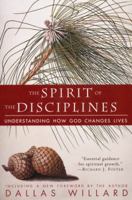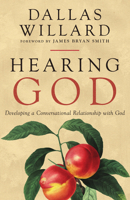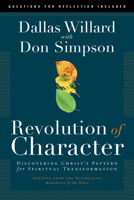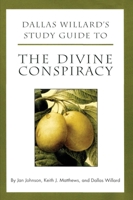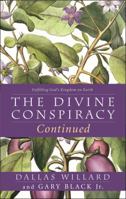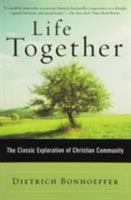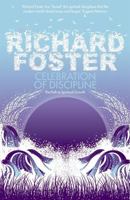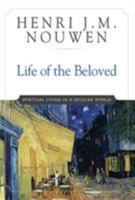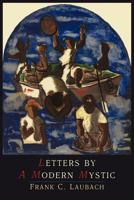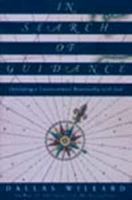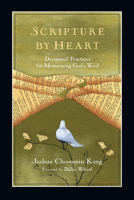Book Overview
"Grow in the grace and knowledge of our Lord and Savior Jesus Christ." --2 Peter 3:18
How do Christians grow? Few question the call of the Bible to grow in godliness, but the answer to exactly how this happens is often elusive.
In this book, Dane Ortlund points believers to Christ, making the case that sanctification does not happen by doing more or becoming better, but by going deeper into the wondrous gospel truths that washed over them when they were first united to him.
Drawing on wisdom from figures throughout church history, Ortlund encourages readers to fix their gaze on Jesus in the battle against sin, casting themselves upon his grace and living out their invincible identity in Christ.
Format:Paperback
Language:English
ISBN:1590170229
ISBN13:9781590170229
Release Date:October 2002
Publisher:New York Review of Books
Length:400 Pages
Weight:0.90 lbs.
Dimensions:0.9" x 5.0" x 8.0"
You Might Also Enjoy
Customer Reviews
8 customer ratings | 5 reviews
There are currently no reviews. Be the first to review this work.















